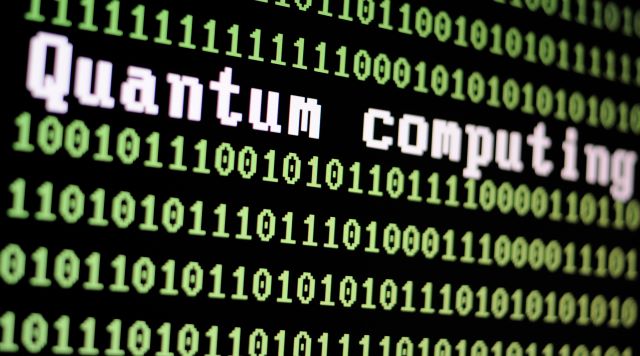
Three years ago, Mexico took the lead in the United Nations Educational, Scientific, and Cultural Organization (UNESCO), successfully pushing for a resolution that encouraged the UN to declare 2025 as the International Year of Quantum Science and Technology.
Fast forward to November 2023, and the UNESCO General Conference fully embraced this resolution, co-sponsored by nearly 60 countries.
In the summer of 2024, the UN General Assembly officially proclaimed 2025 as the International Year of Quantum Science and Technology!
The year 2025 is especially poignant because it marks the centennial celebration of quantum mechanics—a groundbreaking theory that has shaped our understanding of the universe.
The UN sees quantum science and technology as vital in tackling pressing issues laid out in its 2030 Sustainable Development Goals, including challenges like climate change, energy sustainability, food security, and access to clean water.
What makes this year truly special is the chance for everyone—from students to curious minds of all ages—to explore the fascinating world of quantum science.
As we gear up for 2025, Hartmut Neven, a pioneer in the field who transitioned from artificial intelligence (AI) to quantum computing, has shared exciting news: he introduced Willow, the latest quantum chip developed at Google Quantum AI.
In his insightful blog, Neven highlighted the potential of advanced AI when paired with quantum computing.
As he states, “This is why I named our lab Quantum AI.”
He believes that we’re on the brink of revolutionary applications—from discovering breakthrough medicines to creating more efficient batteries and advancing alternative energy solutions.
He confidently remarked, “Many of these tasks won’t be feasible on classical computers; they’re waiting to be unlocked with the incredible capabilities of quantum computing.”
When Neven founded Google Quantum AI back in 2012, he envisioned a future where large-scale quantum computers could harness the very principles of nature to benefit society.
His commitment is clear: to advance scientific discovery and tackle some of the greatest challenges of our time.
Willow can perform complex computations in under five minutes that would take a classical supercomputer an unfathomable 10 quintillion years—an astonishing timeframe that far exceeds even the age of the universe!
Neven suggests this extraordinary speed hints at the fascinating idea of quantum processes occurring across parallel universes, aligned with the multiverse theory proposed by David Deutsch.
What’s more, Willow has outpaced one of the world’s most powerful classical supercomputers, known as Frontier, showcasing the incredible advancements being made in the field.
Fabricated at Google’s specialized facility in Santa Barbara, Willow represents meticulous system engineering, ensuring that every chip component—from qubit gates to resets and readouts—works harmoniously.
Achieving peak performance relies on seamless integration, and every step of the process is crafted with care.
To inspire innovation and collaboration, Neven invites researchers, engineers, and developers to explore the open-source software and educational resources available—including a new course on Coursera!
This course will empower developers to learn about quantum error correction and to contribute to crafting the algorithms that will define the future.
Google Quantum AI has launched a free quantum error correction course on @Coursera. From undergrads to researchers, discover this critical field. Enroll now: https://t.co/svLDyRGpac and learn more: https://t.co/gAKVRWMkt4
— Google Quantum AI (@GoogleQuantumAI) December 9, 2024
Meet Willow: Our state-of-the-art quantum chip. It's the first quantum chip to show exponential error reduction as qubits scale, paving the way for large-scale, fault-tolerant quantum computers. Dive in → https://t.co/Lr1vkZk1QT pic.twitter.com/8VkiXQ694u
— Google Quantum AI (@GoogleQuantumAI) December 9, 2024
Today we unveiled our latest quantum chip, Willow. But how does quantum computing work? What even is a qubit? Our @GoogleQuantumAI team is here to teach you the basics — and give you a tour of their lab ↓ https://t.co/8ROLn9E2DK
— Google (@Google) December 9, 2024
Whether you're a seasoned quantum pro or just starting to explore, our Quantum AI Glossary series is for you. We're breaking down complex terms into clear, concise explanations. Let's expand our #QuantumAI vocabulary together. pic.twitter.com/FZ7XB6FB4G
— Google Quantum AI (@GoogleQuantumAI) October 24, 2024
The U.S. Army Corps of Engineers has been tasked with…
Brown and Caldwell, a leading environmental engineering and construction firm,…
Humboldt State University, one of four campuses within the California…